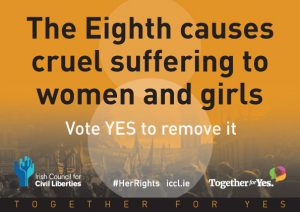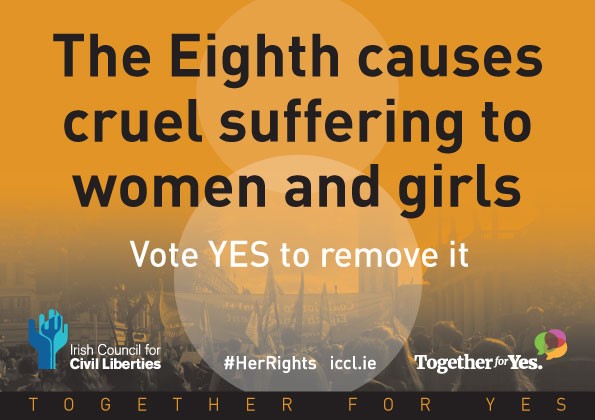The right to freedom from torture and ill-treatment has been recognised by the Irish Courts as an unenumerated right and part of the right to bodily integrity under Article 40.3 of the Constitution.[1] The right to freedom from torture and other cruel, inhuman or degrading treatment or punishment is also expressly guaranteed by a wide range of European and international treaties to which Ireland is a party.
No justification
This right is absolute, meaning that the State cannot invoke any justification for committing torture or ill-treatment or failing to take reasonable measures to protect from torture or ill-treatment which it knows or ought to know is occurring.
Degrading treatment includes treatment which is “such as to arouse in its victims feelings of fear, anguish and inferiority capable of humiliating and debasing them and possibly breaking their physical or moral resistance”.[2] Meanwhile, serious bodily injury and/or intense physical or mental suffering indicates cruel or inhuman treatment.[3] Torture has been defined by the European Court of Human Rights (ECtHR) as “deliberate inhuman treatment causing very serious and cruel suffering”.[4]
Heightened duties to victims of rape
It is widely recognised by courts and human rights treaty bodies around the world that children are more vulnerable to torture or cruel, inhuman or degrading treatment due to their dependence on others for care, their powerlessness to remove themselves from abusive situations and the psychological impact of abuse suffered while at a formative stage of life.[5] The ECtHR has held on numerous occasions that States are obliged under Article 3 ECHR to “provide effective protection in particular of children and other vulnerable persons and include reasonable steps to prevent ill-treatment of which the authorities had or ought to have had knowledge”.[6] In addition, the ECtHR has recognised that “rape leaves deep psychological scars on the victim which do not respond to the passage of time as quickly as other forms of physical and mental violence”[7] and that States have heightened duties to protect the dignity of victims of rape and sexual violence.[8]
UN Human Rights Committee
Ireland’s abortion laws cause cruel, inhuman or degrading treatment to many women and girls. In Mellet v Ireland, the UN Human Rights Committee found that Ireland had subjected a woman to ‘intense physical and mental suffering’ because she was forced to travel abroad to terminate her pregnancy having received a diagnosis of fatal foetal abnormality. The Committee recognised that Ms Mellet ‘had her physical and mental anguish exacerbated’ because she could not receive medical care and insurance coverage for her treatment in Ireland; because she was separated from the support of her family while undergoing treatment; because her financial situation required her to travel home while not fully recovered; because she was subjected to the shame and stigma associated with the criminalisation of abortion of a fatally ill foetus; and because she could not obtain the information she needed about her appropriate medical options from known and trusted medical providers. The Committee repeated these findings in Whelan v Ireland.
European Court of Human Rights
The European Court of Human Rights has recognised that subjecting women and girls to onerous legal requirements to prove eligibility for an abortion can cause intense humiliation and suffering sufficient to amount to inhuman and degrading treatment. Psychiatrists in Ireland have acknowledged that, at present, the ability to obtain a lawful abortion (where life is at risk) depends on the views of professionals who may disagree and delay, causing profound anguish to women and girls.


